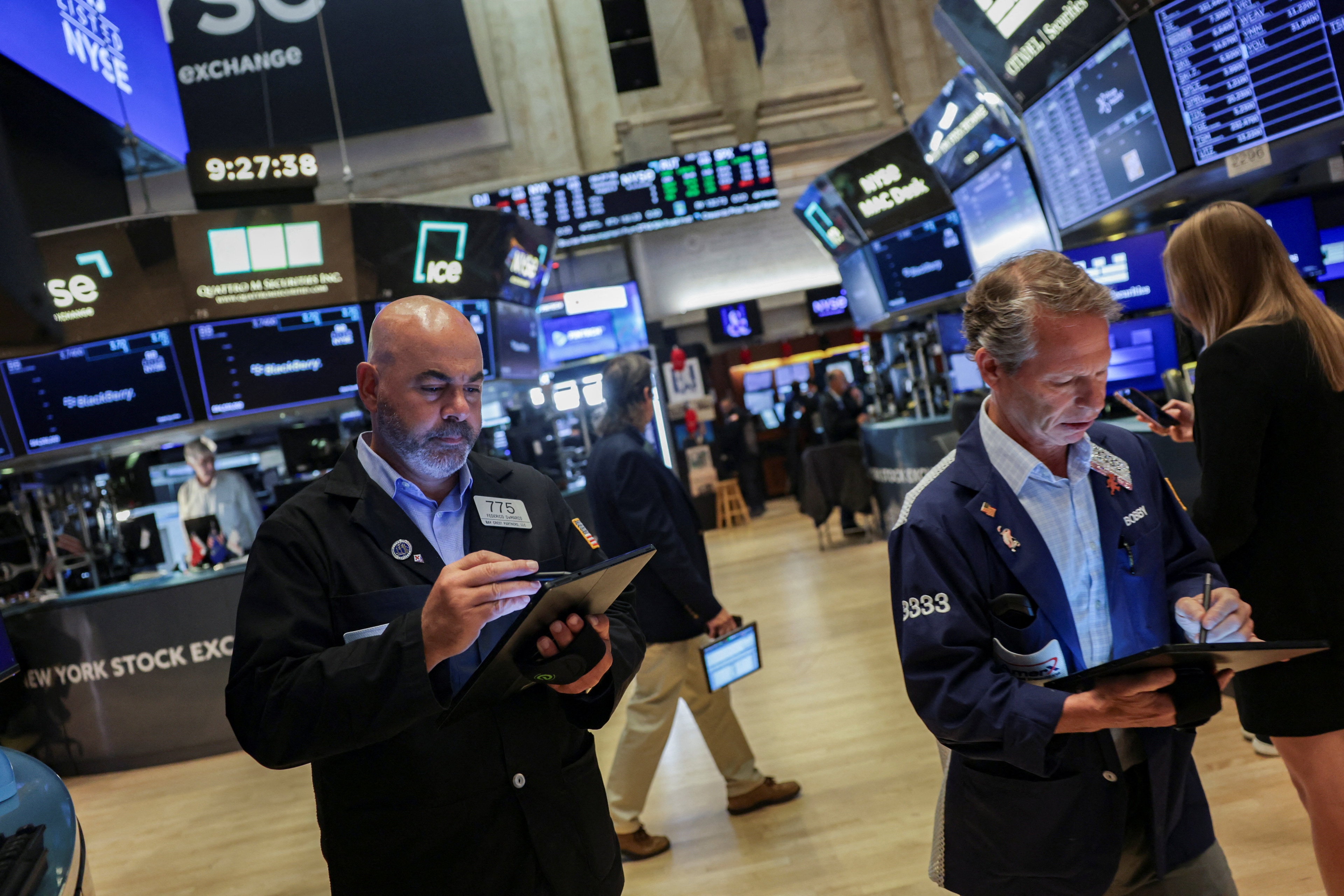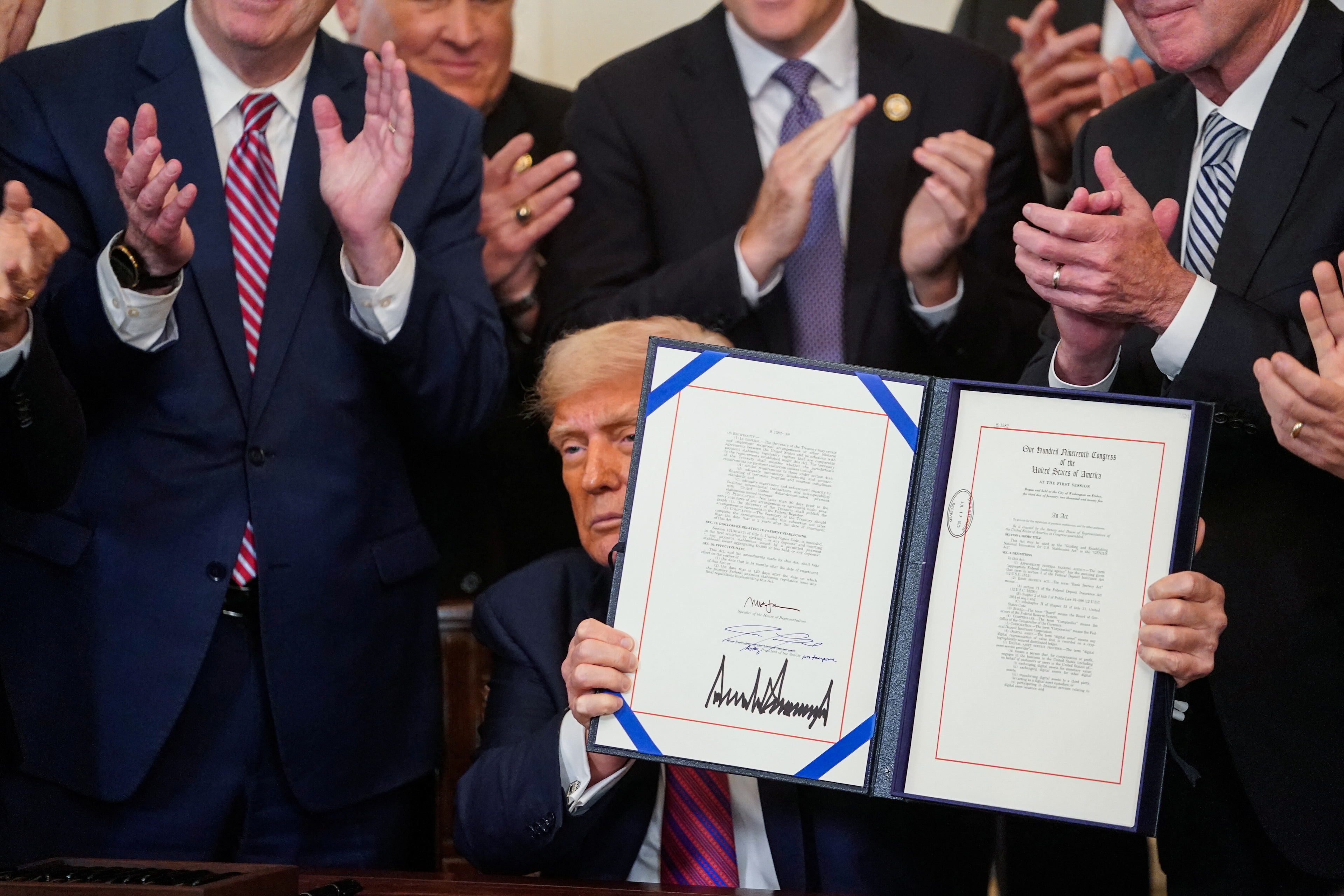Why we need more ignorance in the boardroom

Stay up to date:
Hyperconnectivity
There is a real danger that corporate leaders, making decisions that seem correct behind closed doors, end up being tone-deaf in a soundproof room. When the doors open and the decisions are announced, it is clear that board members are often deeply disconnected from the world’s economic and social realities.
Consider executive pay packages. Board remuneration committees can explain them logically with complex formulas to justify them, and yet often they are completely out of line with common sense.
Board members need to rethink what they are doing in those rooms, and here individual directors’ guiding principle should be the “veil of ignorance” proposed by the political philosopher John Rawls in his 1971 treatise A Theory of Justice. Rawls proposed the veil of ignorance as a way to derive principles of social justice to which anyone who did not know in advance their identity and position in society would consent.
How would the veil of ignorance work in a boardroom? Board directors’ role is not simply to ensure return on investment; it is also to make decisions with due consideration for the community, employees, suppliers, consumers, and even the overall economy. The decisions made in that room have an impact beyond the company, so it is not just shareholders who hold board members accountable for their choices.
In order for board directors and senior executives to make judicious decisions, they cannot think only about whether they will directly benefit. As in Rawls, if we imagined that we did not know who we are or where we stand in society – whether we are rich or poor, male or female, young or old, CEO or shop-floor worker – our decisions would be more ethically grounded. The veil of ignorance changes the nature of the discussion on almost every issue, from executive pay, wage discrepancies, and working conditions to long-term strategy, succession planning, and much more.
Many issues that should be viewed through the veil of ignorance fall into the categories of environmental sustainability, social equity, and corporate governance. For example, if we didn’t know whether we would be working long days at a fast-food counter or overseeing the entire organization, we would think differently about compensation structures and the ever increasing gap between the most senior management and the most junior staff members. If we didn’t know whether we would be working on a factory floor in Bangladesh or in a shiny head office in the United States, no one would disavow responsibility for the health and safety of Bangladeshi workers.
The list goes on. If board members were making choices from behind the veil of ignorance –not knowing their position in the company – they would want everyone to have opportunities to implement change or be entrepreneurial. Not knowing whether they were male or female, they would ensure pay equity and better policies concerning parental leave and child care.
Likewise, knowing that they might be the customer would make them look differently at cost-cutting measures that weaken product testing and consumer protection. If they believed that they might live in a community affected by an oil spill, they would want robust, not minimal, environmental safety standards, and they would not seek to circumvent the rules.
There is a danger of taking this thought experiment too far. Getting caught up in factoring in all of the different perspectives would cause decision-making to gravitate toward the lowest common denominator, with outcomes that achieve very little for anyone. That is not the point. The point is to step outside of one’s comfort zones, distance oneself from the voices around the table that sound just like one’s own, and remember that board members are responsible for the direct and indirect impact of their decisions.
There is no doubting corporate directors’ responsibility for the growth and success of the company. But that responsibility also requires being thoughtful individuals who can see the bigger picture. Investors are more attuned than ever to companies’ social and environmental impact, and they are increasingly concerned about whether the companies in their portfolios are good corporate citizens.
If directors remind themselves each time they enter the boardroom why they are there, and pause for a moment to consider how their views would be affected if they did not know who they were, they would make better decisions for the company and for the entire system in which it operates. In this sense – and only this sense – ignorance in the boardroom is the right approach.
Published in collaboration with Project Syndicate
Author: Lucy P. Marcus is CEO of Marcus Venture Consulting
Image: A clerk closes the door before a round table talk on the shifting of lower import prices to customers due to the strong Swiss franc in Bern August 10, 2011.REUTERS/Pascal Lauener
Don't miss any update on this topic
Create a free account and access your personalized content collection with our latest publications and analyses.
License and Republishing
World Economic Forum articles may be republished in accordance with the Creative Commons Attribution-NonCommercial-NoDerivatives 4.0 International Public License, and in accordance with our Terms of Use.
The views expressed in this article are those of the author alone and not the World Economic Forum.
Forum Stories newsletter
Bringing you weekly curated insights and analysis on the global issues that matter.
More on Financial and Monetary SystemsSee all
Hallie Spear
August 13, 2025
Sandra Waliczek
August 8, 2025
Rebecca Geldard
August 7, 2025
Aurora Matteini and Derek Baraldi
August 6, 2025
Sandra Waliczek and Harry Yeung
July 29, 2025
Pranidhi Sawhney and Adam Skali
July 29, 2025





